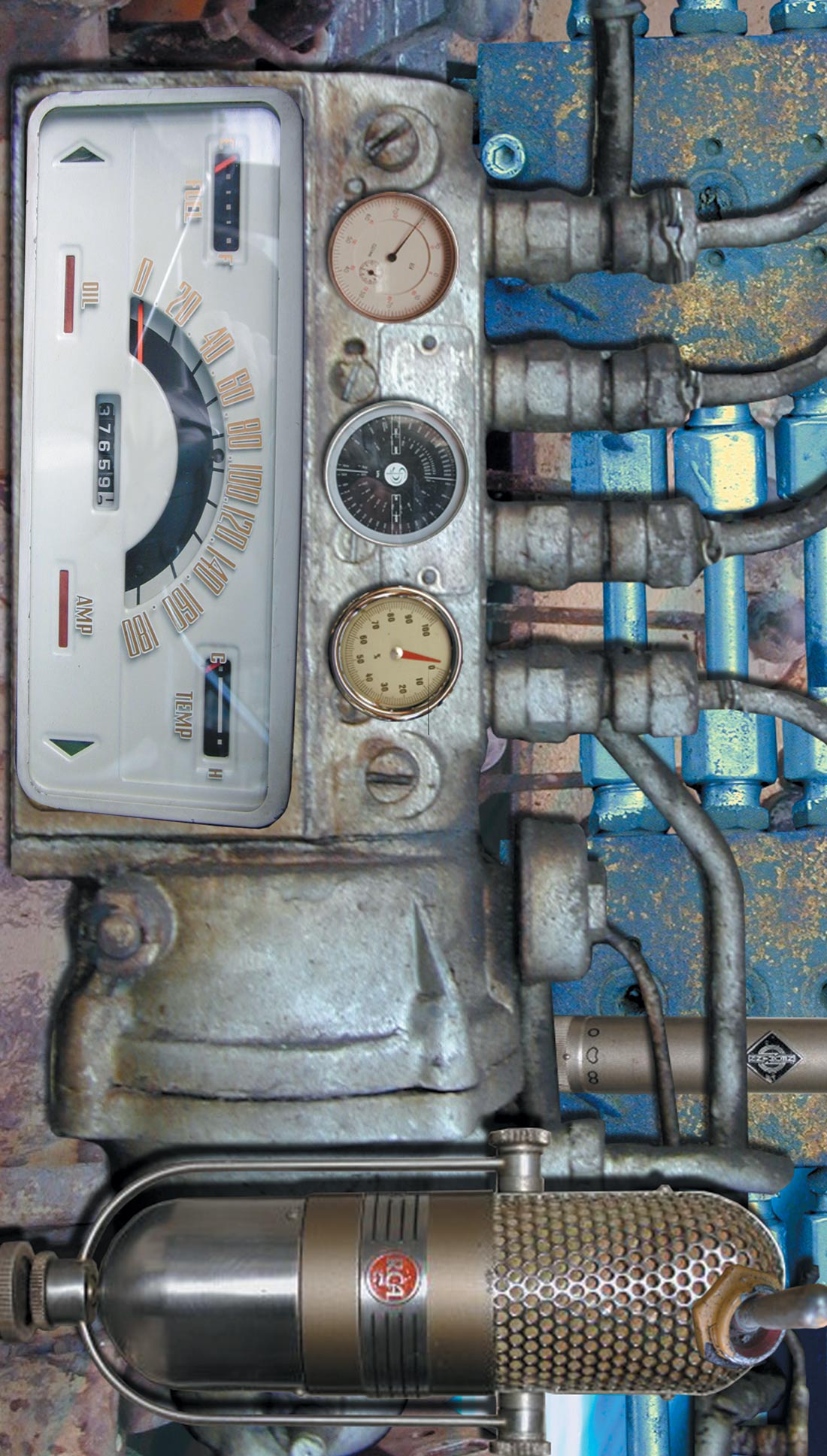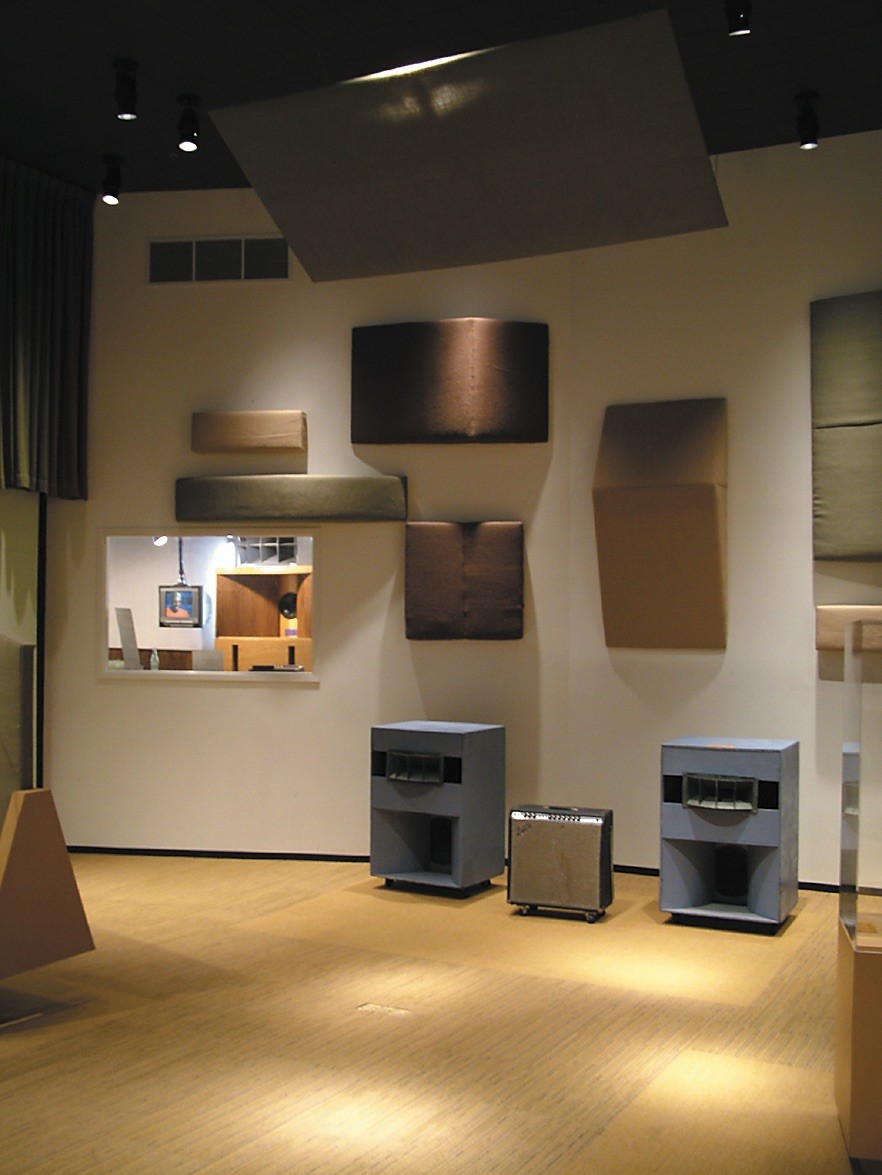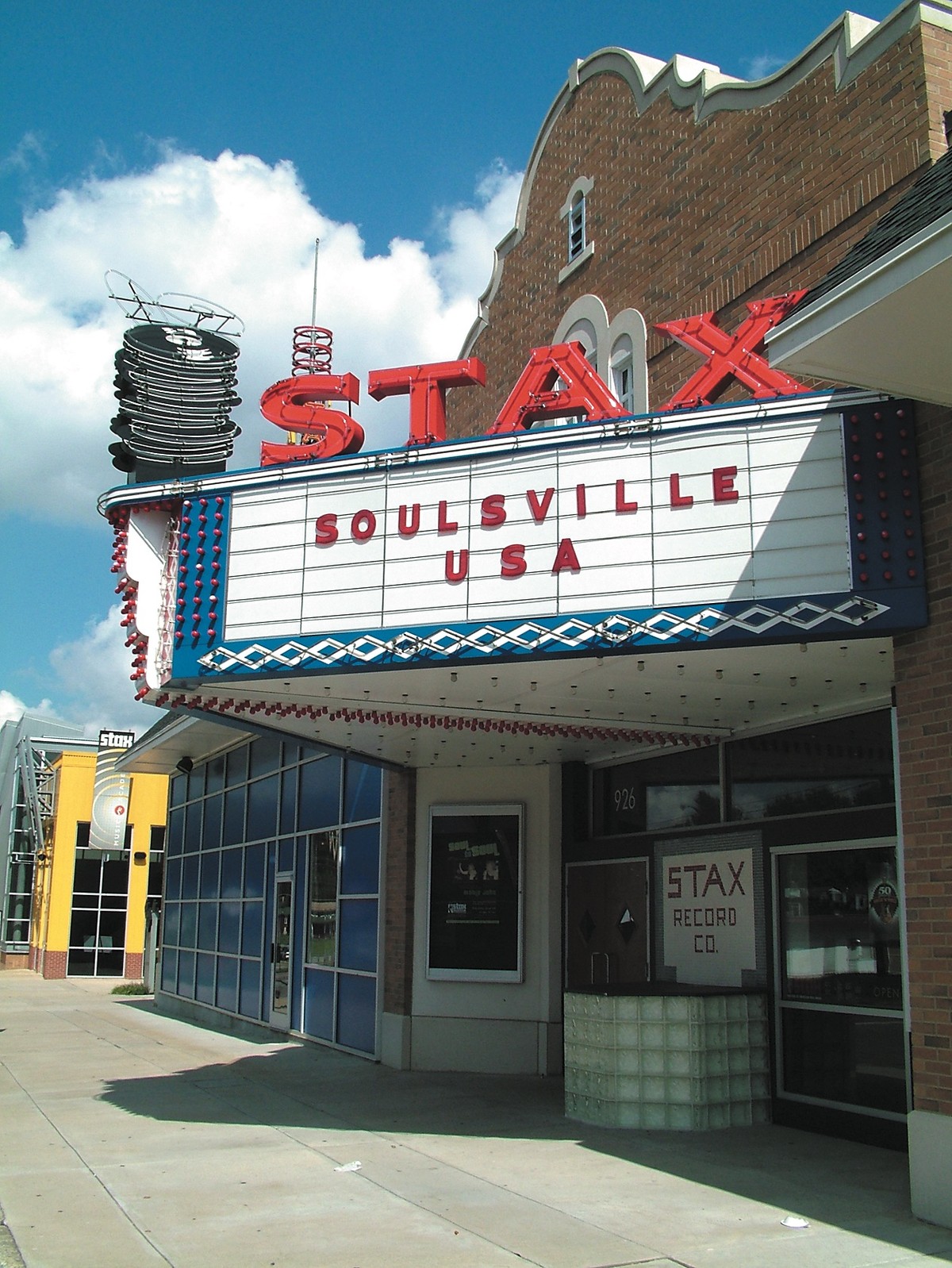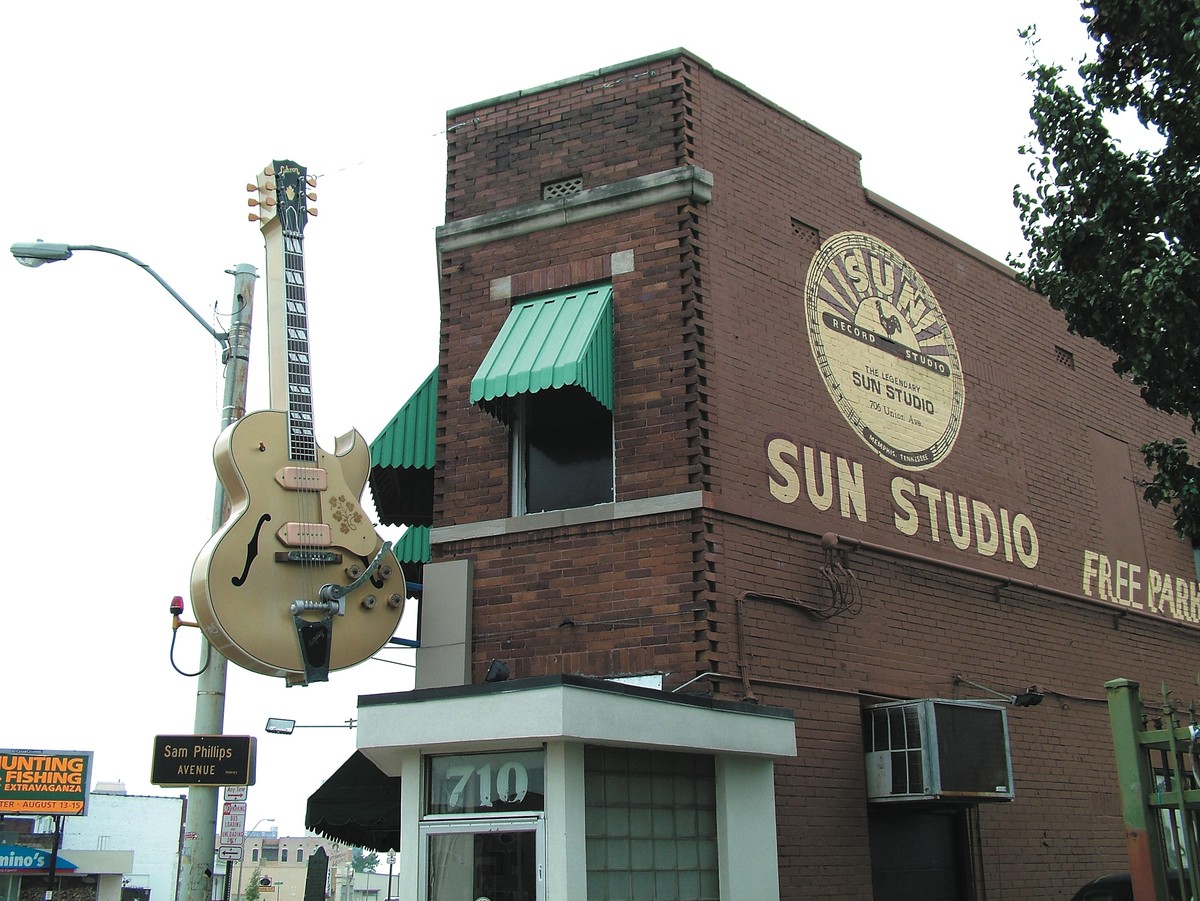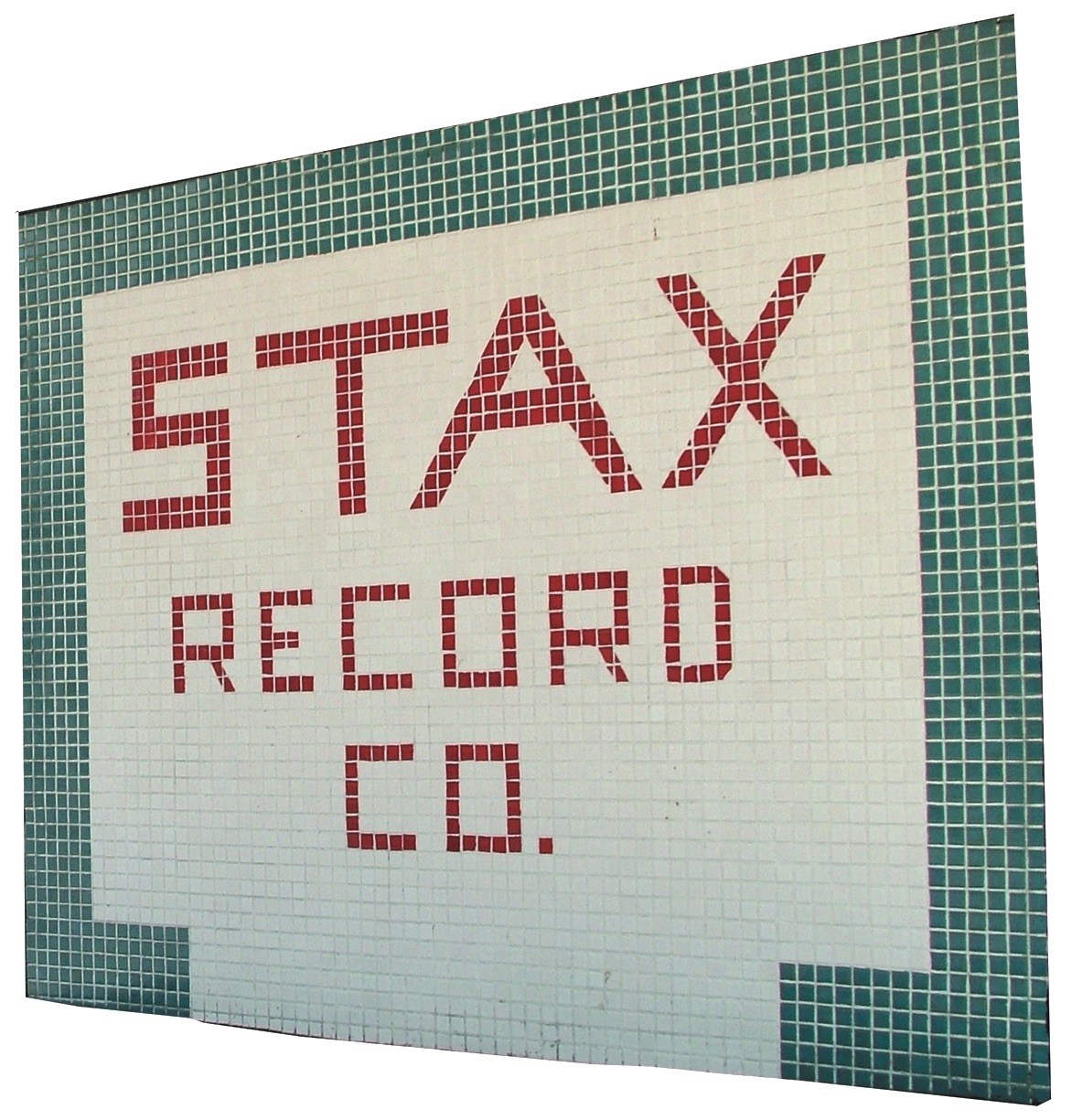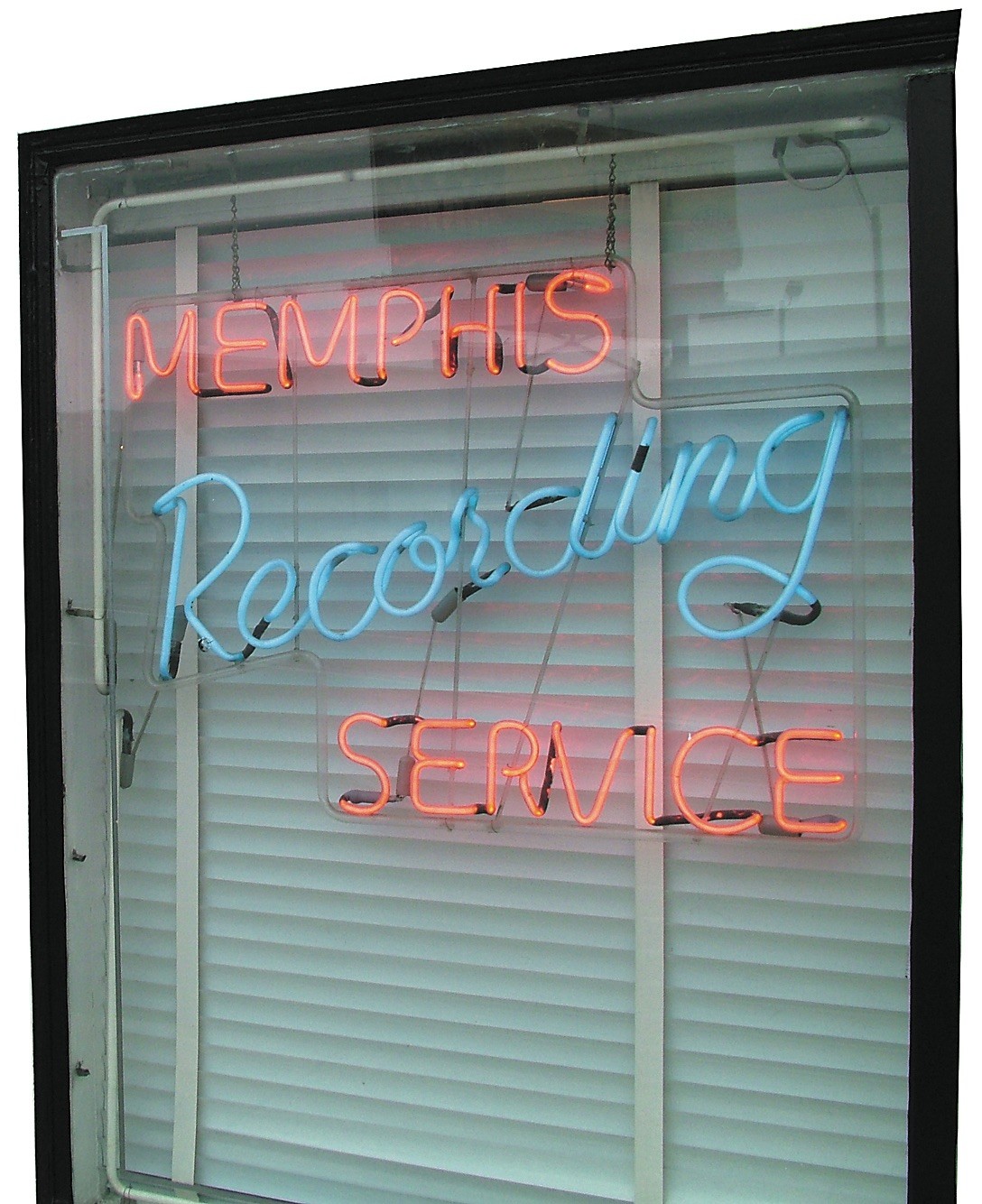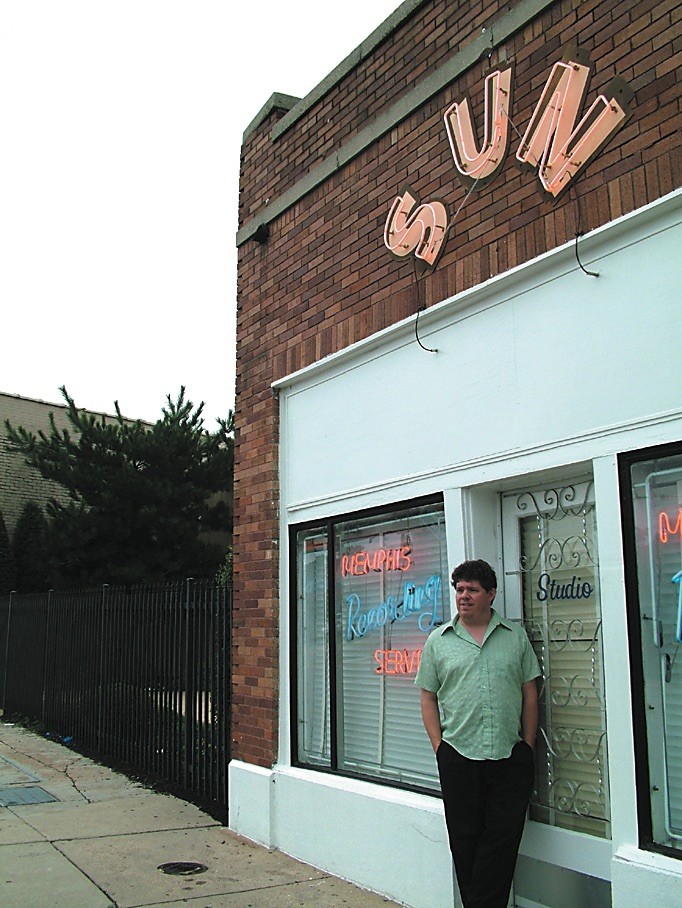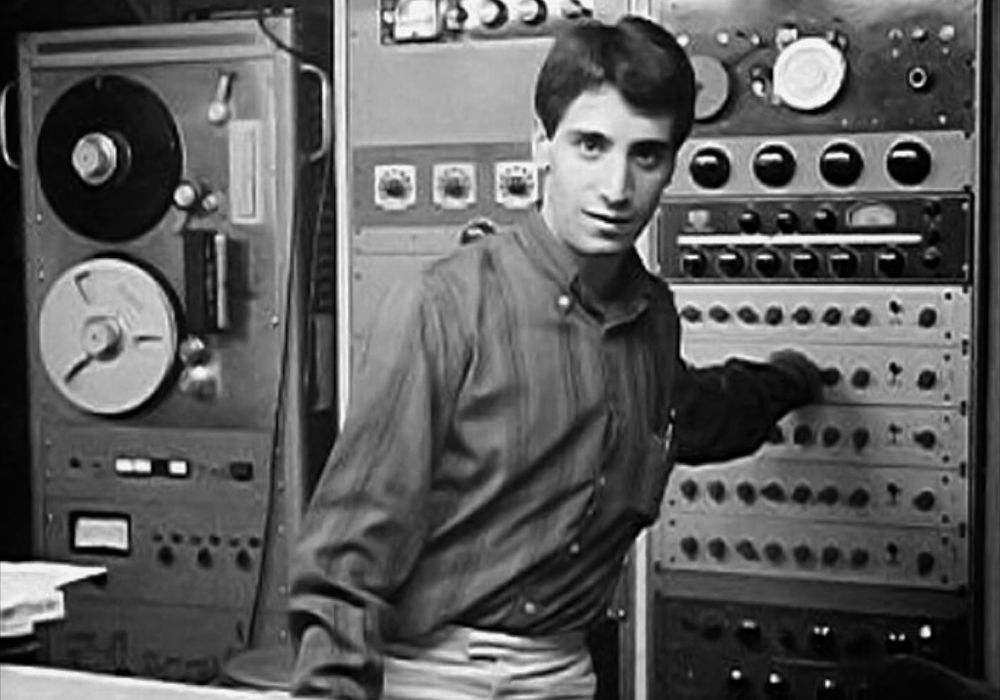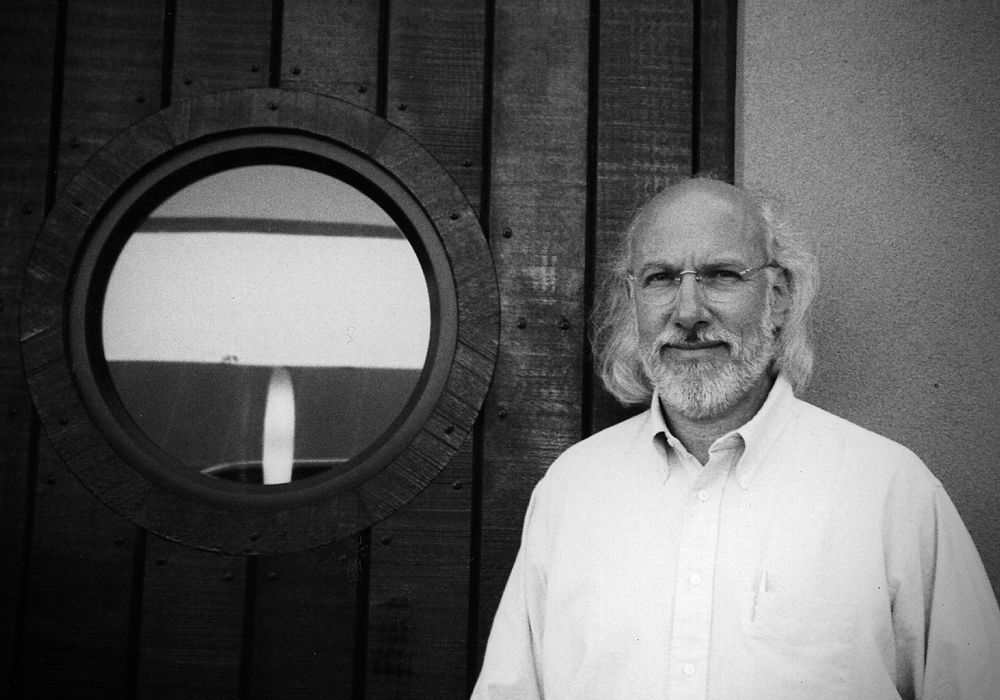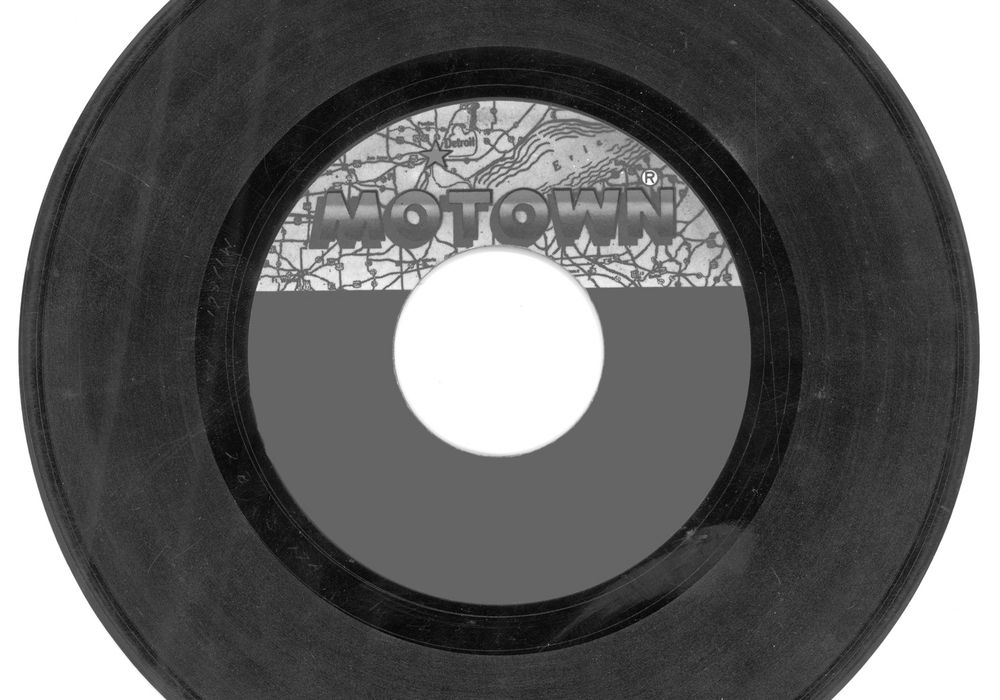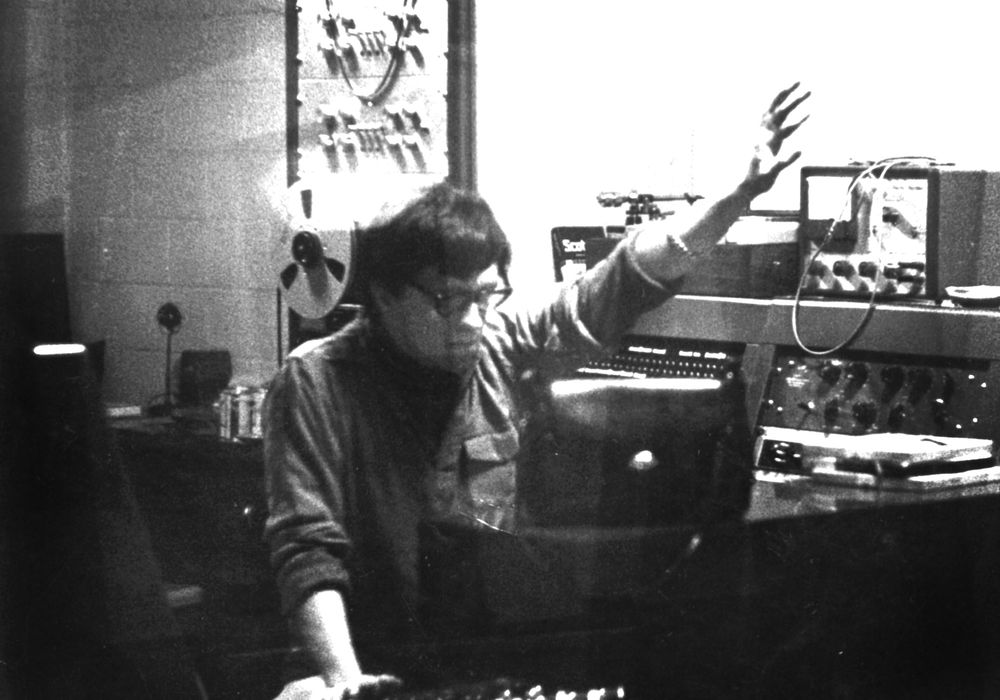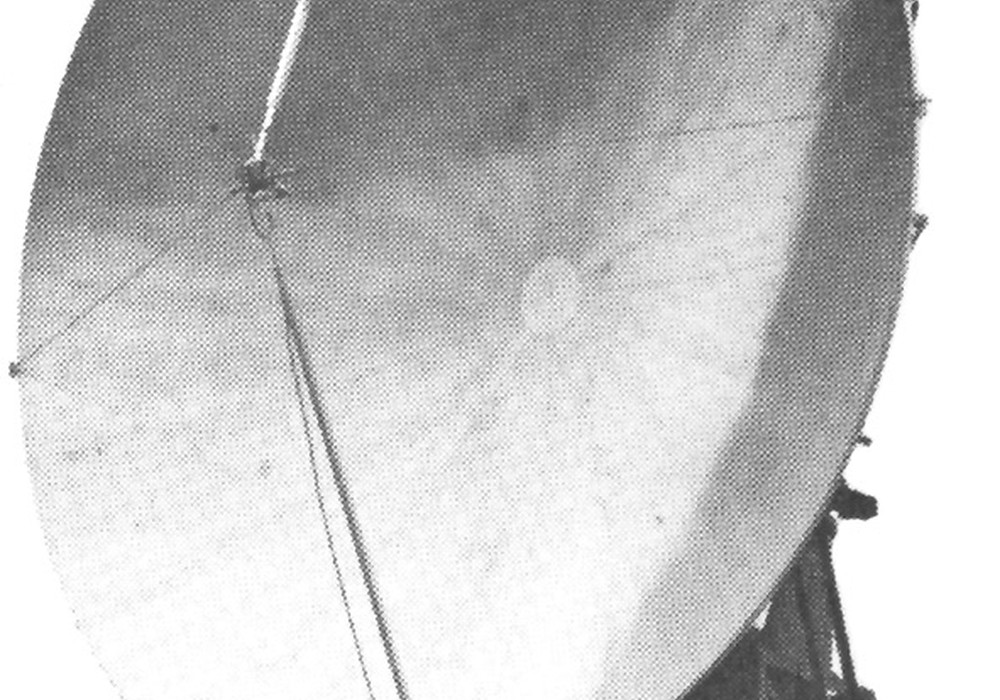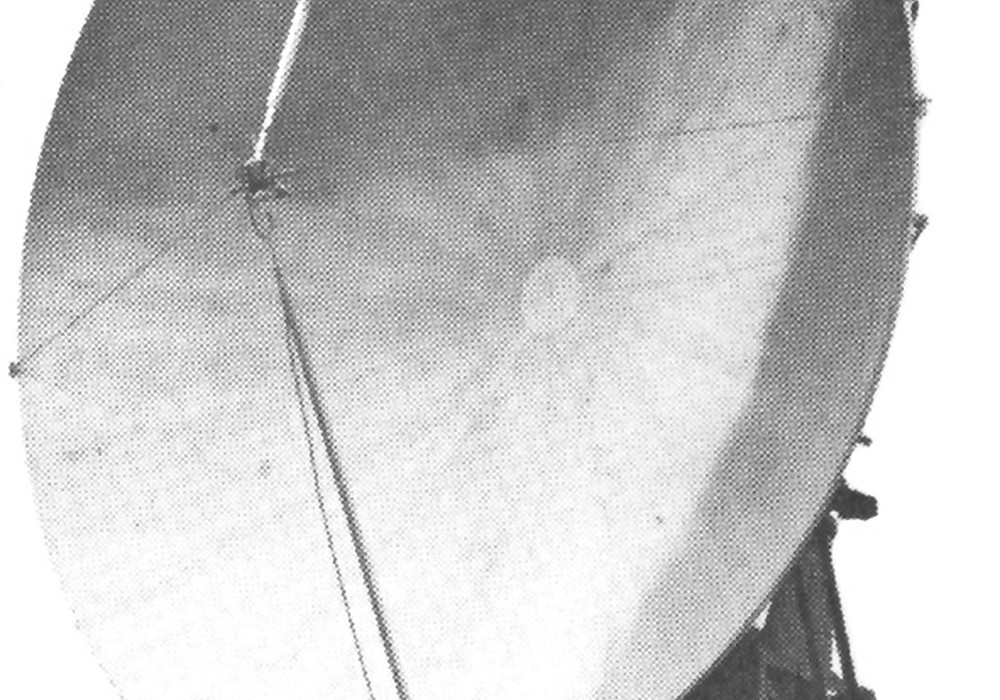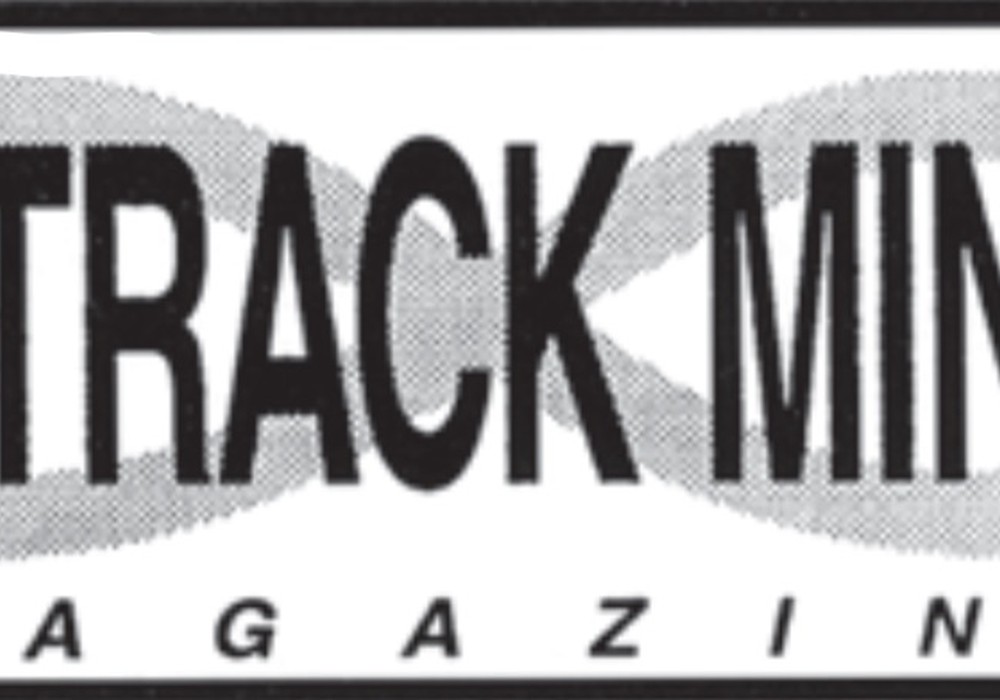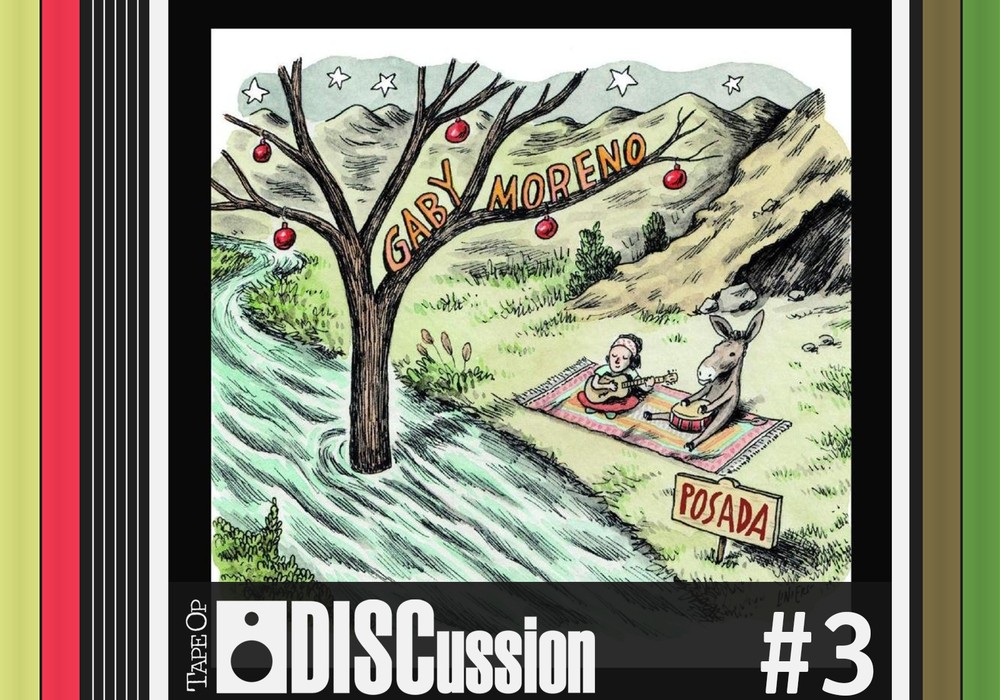What other city in the world has such a recording studio history? John and I spent several days in Memphis and barely scratched the surface of this legacy.
Due to having an amazing tour guide, local writer Andria Lisle who also seems to know everyone in town, we dropped in on Royal Studios. (See photos on page 49) Royal's owner, the esteemed Willie Mitchell, was busy arranging overdubs for the upcoming Al Green CD with Lester Snell (another legend) and had enough time to say hello but was certainly busy. We took a tour of Royal with Lawrence "Boo" Mitchell (Willie's grandson) and marveled at the design and sound of this practically untouched studio. The fact that new Al Green sessions have been happening, and Archie Mitchell (another grandson) engineered that along with lots of new hip-hop/rap projects made us marvel in the studio's continuing history. See our interview here with Scott Bomar on page 46 of the Bo-Keys who has worked alongside Archie and Willie.
Easley McCain Recording resides in the building that was American Recording's American East, built in 1968. Doug Easley and his partner Davis McCain have recorded the White Stripes, The Grifters, Sonic Youth, Pavement and many more. We met a young engineer, Kevin Cubbins, who was tracking a CD for Corey Branan with Jeff Powell producing, who himself had just finished a new Big Star CD! The future(s) of rock 'n' roll have been sketched out here — see Doug's interview as well on page 52.
When we pulled into town we camped out in some rooms upstairs in an older home northeast of downtown, where our friend Alan Hayes (photo at left) is busy recording local up-and-coming rap artists in the modest yet busy studio that he runs called House of Hayes. Getting this glimpse into Memphis and its past and future was enlightening to say the least. To drop in on Willie Mitchell after seeing some young artists working out their lyrics on Alan's porch — Memphis is a city that changed the world's music through rock and soul, yet it still buzzes with recording activity.
This is only the beginning of Tape Op's coverage of the Memphis recording scene. Look for more interviews with folks from Memphis in future issues! Thanks to Dave and Chris Amels for instigating this trip and insisting on a barbecue dinner at Neelys! And thanks to Matt Saddler for picking up the tab, and even more importantly, making sure Tape Op gets printed every issue. Thanks again to Alan, Andria and Scott for the Memphis hospitality.
Naturally, we toured Sun Studios, which really used to be the Memphis Recording Service and the Sun Record label, where a rebuilt studio is set up for an entertaining if familiar tour. Stepping into the relatively small live studio space was inspirational in one sense — if this modest room could provide rock 'n' roll with some of its most important moments, who needs anything more? Sun is still an active (and affordable) studio, though probably more for the nostalgia than anything, and engineer James Lott oversees sessions there in the evenings. It's hard to imagine the schedule of having tours during the day in one's studio!
Stax Records. What more needs to be said? Sadly, the original theater building that housed Stax Studios and Records was destroyed following Stax's closing in 1975. Now the Stax Museum of American Soul Music & Stax Music Academy carries on its legacy with a hearfelt and informative tour, memorabilia and recreation of the Stax theater front and studio space. There was a smattering of old recording equipment and instruments in the museum, but as always it's much more reassuring to see the equipment that we know and love in use!
The short film that begins the museum tour gives a short history of the Stax story. A pivotal moment in Memphis in general, and specifically Stax, was the assasination of Martin Luther King at the nearby Loraine Motel in 1968. This event changed the Memphis music scene overnight and both the film and some of the people we met emphasized this. From our point of view though, it seemed like Memphis and the music scene are bouncing back. The downtown and midtown areas seemed vibrant and mixed as did all of the musicians we talked to. Scott Bomar's the Bo-Keys is a good example, a band filled with both young and old, and black and white members making music together.
